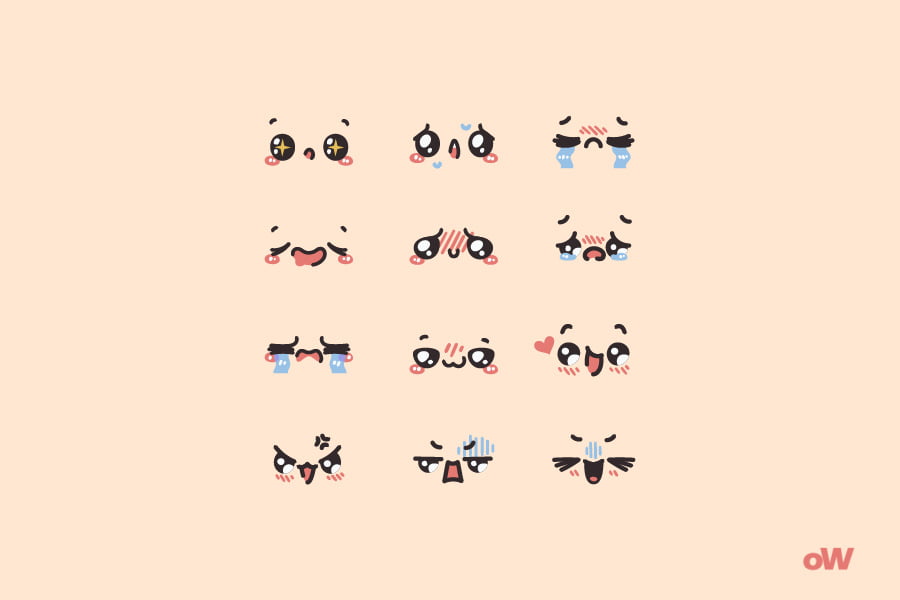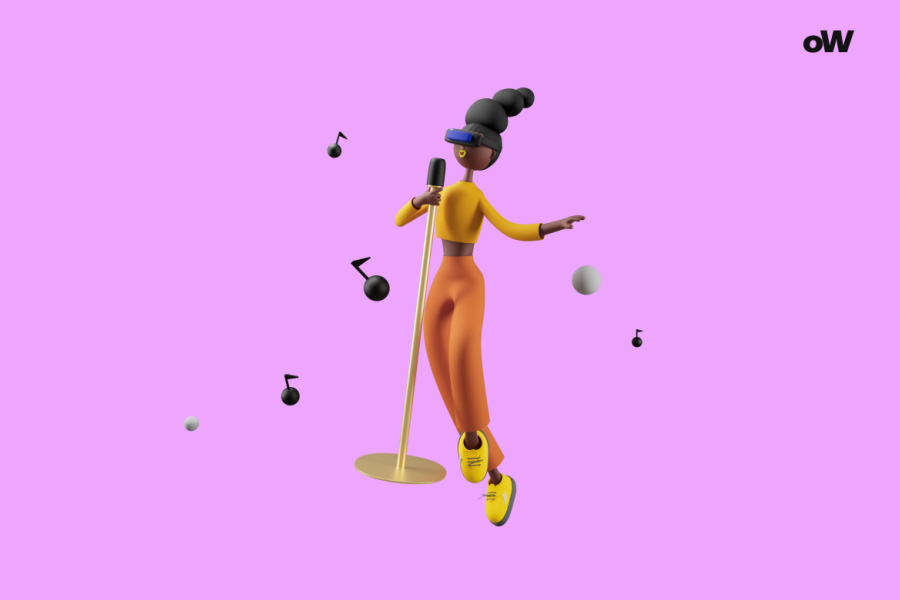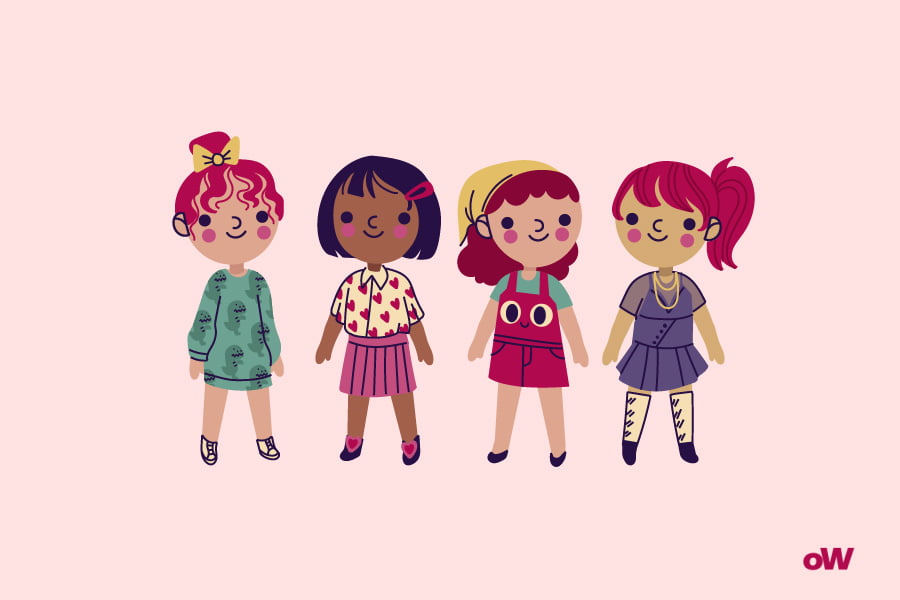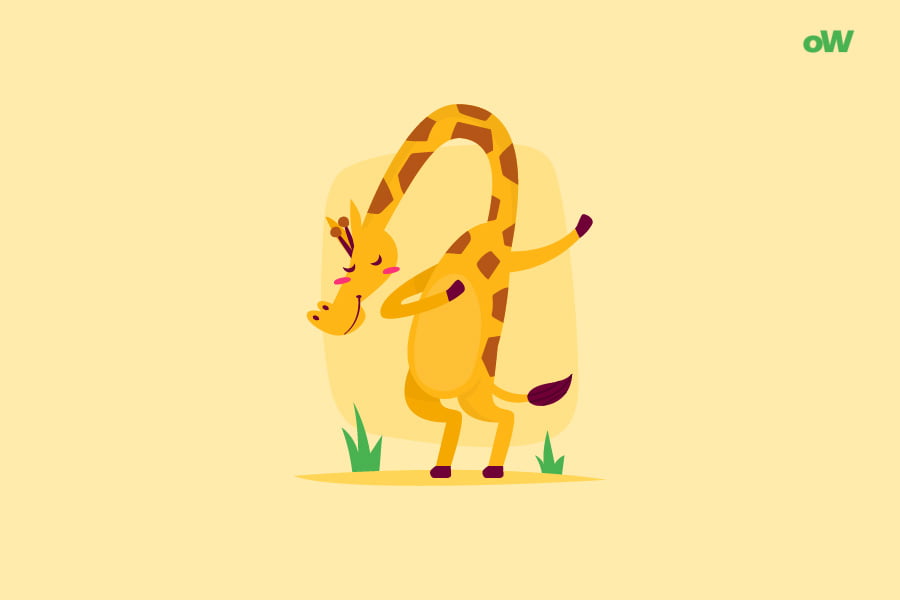Quiz: What Human Emotion Am I?

Imagine that you could decode your own emotional code – that invisible force that colors every choice you make, every reaction, and every decision. What if inside you lives not just a set of random feelings, but a unique emotional essence that defines your individuality? Our quiz “What Human Emotion Am I?” invites you on a fascinating journey of self-discovery, where in just a few minutes you’ll uncover your dominant emotional archetype – the key to understanding your strengths, motivations, and life purpose.
What Are Emotions?
Emotions are our internal compass, pointing the way through the endless flow of life events. They are complex psychophysiological states that influence our thoughts, behavior, and perception of the world. Each emotion is not just a fleeting feeling, but a whole complex of bodily reactions, including cognitive processes, physiological changes, and behavioral patterns.
Neurobiologists have discovered that emotions form in the limbic system of the brain, especially in the amygdala and hippocampus. These structures process emotional stimuli and create appropriate responses even before information reaches the cerebral cortex – the area of conscious processing. That’s why we often feel emotions before we understand their cause.
Basic emotions such as joy, fear, anger, disgust, sadness, and surprise are universal across all cultures and peoples. They are evolutionarily programmed in us as mechanisms for survival and social adaptation. More complex, secondary emotions form on their basis – from pride and shame to nostalgia and awe.

Why Determine “What Human Emotion Am I?”
Understanding your dominant emotion is the key to conscious living and personal growth. When we recognize which emotion most often colors our perception of the world, we gain the opportunity to:
- Improve self-understanding and emotional intelligence
- Develop deeper and more harmonious relationships with others
- Make decisions that align with our true values
- More effectively cope with stress and emotional challenges
- Use our emotional strengths as a resource for achieving goals
Research shows that people with high emotional intelligence (EQ) are more successful in their careers, happier in their personal lives, and better adapt to changes. Identifying your dominant emotion is the first step toward increasing your EQ and living a more harmonious life.
How Does Society Shape Our Perception of Emotions?
Our attitude toward emotions is deeply rooted in cultural and social contexts. Western societies have historically tended to rationalize and suppress “negative” emotions such as anger or sadness, especially in professional environments. At the same time, Eastern cultures often adhere to the principle of emotional balance and acceptance of the entire spectrum of experiences as a necessary part of human experience.
Gender stereotypes also have an enormous influence on how we express emotions. Men are traditionally expected to be restrained and demonstrate “strength” by suppressing vulnerability, while women are allowed greater emotional expressiveness, but often with the label of being “overly emotional” in serious contexts.
Modern media and social networks create new forms of emotional pressure. The cult of “positive thinking” and constant happiness makes many people feel inadequate when they experience natural feelings of sadness or anxiety. This phenomenon, known as “toxic positivity,” is increasingly criticized by psychologists.
Awareness of these social influences is an important step toward forming a healthy relationship with one’s own emotions and accepting the full spectrum of human experiences.

Types of Emotions You Can Get in This Quiz
Our quiz reveals the dominant emotion that defines your unique way of perceiving and interacting with the world. Each emotion represents a special character strength and worldview that influences all aspects of life – from career decisions to interpersonal relationships. Get acquainted with the main emotional archetypes that you might discover in yourself.
Joy
Joy is not just happiness, it’s an active state of emotional uplift and inner well-being. People with joy as their dominant emotion have an innate ability to find bright sides even in difficult situations. They possess high energy, enthusiasm, and can inspire those around them. At the same time, joy doesn’t exclude depth of thinking, but complements it with an optimistic perspective.
Compassion
Compassion represents deep empathy combined with a desire to help. People with dominant compassion intuitively sense the emotional states of others and create an atmosphere of safety and understanding around themselves. They have the gift of healing emotional wounds and often become informal psychotherapists for those around them.
Interest
Interest is the emotion that drives intellectual and creative development. People with predominant interest possess an insatiable curiosity and desire for new experiences. They see the world as an endless source of discoveries and learning opportunities. Their mind is constantly active, and their perception is characterized by freshness and lack of prejudice.
Anger
Anger is often misunderstood as an exclusively destructive emotion. However, in its healthy form, anger is a powerful catalyst for change and a defender of justice. People with dominant anger have a sharp sense of truth and fearlessness in standing up for their principles. They are not inclined to passivity and compromise in situations of injustice and can be a driving force for social change.
Thoughtfulness
Thoughtfulness is an emotional predisposition to reflection and deep analysis. People with predominant thoughtfulness possess a rich inner world and the ability for multilayered perception of reality. They often find hidden meanings and connections between phenomena that are inaccessible to a superficial glance. Their decisions, although they require time, are characterized by thoroughness and foresight.
Serenity
Serenity is a state of inner calm and harmony. People with dominant serenity possess a natural balance and resistance to stress. They create an atmosphere of stability around themselves and serve as an emotional anchor for others in turbulent times. Their strength is manifested not in dramatic actions, but in consistency and reliability.

The Superpower of Your Dominant Emotion
Each dominant emotion gives us a special “superpower” – a unique way of interacting with the world and solving life’s challenges. These emotional superpowers can become our competitive advantage in the professional sphere and enrich our personal life if we learn to consciously cultivate them.
Joy endows the ability for emotional resilience and quick recovery after failures. This superpower is especially valuable in professions requiring constant interaction with people and overcoming obstacles – from entrepreneurship to teaching.
Compassion gives the unique ability to build deep, trusting relationships and create spaces of psychological safety. This superpower is indispensable in helping professions, leadership, and raising children.
Interest brings the gift of continuous learning and adaptation to changes. In the era of the information economy, this superpower is becoming increasingly valuable, providing a competitive advantage in rapidly changing industries.
Anger gives the courage to confront injustice and energy for transforming outdated systems. This superpower drives social reformers, human rights advocates, and revolutionary entrepreneurs.
Thoughtfulness endows depth of analysis and the ability to see non-obvious solutions to complex problems. This superpower is especially important in strategic planning, scientific research, and creative professions.
Serenity gives the gift of maintaining clarity of thinking in chaotic situations and making balanced decisions under pressure. This superpower is invaluable in crisis management, medicine, aviation, and other areas with a high degree of responsibility.
Take our quiz “What Human Emotion Am I?” and discover your emotional superpower. It’s not just entertainment – it’s a step toward deeper self-understanding and conscious living in harmony with your emotional nature.
Questions Overview
- Find a friend and share a hilarious joke
- Look for a quiet corner to contemplate
- Get nervous thinking if you're overdressed or underdressed
- Feel energized by the music and start dancing
- Feel a rush, imagining all the small treats you can buy
- Think of the person who might've lost it and feel a tinge of sadness
- Worry about whether it's right to keep it
- Feel grateful and consider it a sign of a good day
- Feel sad, reminiscing about past celebrations
- Brush it off, planning a fun outing to treat yourself
- Get anxious about the state of your friendship
- Decide to drop hints about it next year, imagining their reaction
- Daydream about a future concert
- Reflect on past memories associated with the song
- Feel light, humming along with a smile
- Wonder if the artist is releasing new music soon, a bit worried
- Thrilled about the upcoming adventure
- Pondering the mood of the protagonist
- Anxious about potential plot twists
- Happy about a new story to immerse in
- Dive into the waves, feeling alive
- Sit and watch the horizon, lost in thoughts
- Check if you applied enough sunscreen
- Build sandcastles, enjoying every moment
- Smile, feeling like it's going to be a good day
- Worry if it'll be there tomorrow too
- Imagine its journey and what it has seen
- Get inspired to maybe try bird-watching
- Excitement over a possible secret admirer or friend's prank
- Sadness, thinking someone might be reaching out but can't find the words
- Anxious, wondering if it's a mistake or if there's a hidden message
- Happy at the simplicity and mystery of it
- Whisk yourself away to a fantasy adventure
- Bring back fond memories to relive
- Ensure it's safe to use without consequences
- Create spontaneous joy for everyone around
- A thrill from the power of nature
- Nostalgic, thinking of old rainy days and stories
- Concerned about forgetting an umbrella
- Cozy, imagining reading with a cup of tea
- Tell a thrilling story or showcase vivid colors
- Evoke deep emotions or are reminiscent of the past
- Provoke thought and challenge your perceptions
- Radiate happiness and warmth
- Daydream about future adventures
- Reflect on life, appreciating its depth
- Worry about whether you took the right path
- Take joy in the little things around, like flowers and clouds
- The thrills and spills of life
- The deep, sometimes sad, beauty of existence
- The complexities and uncertainties in relationships
- The simple pleasures and happiness in the everyday
- Can't wait to open it, expecting something grand
- Reflect on who that might be in your life
- Worry about it being delivered to the wrong address
- Feel a burst of happiness, thinking it might be for you
- Take on a new hobby or adventure
- Reflect, maybe write or read poetry
- Organize and plan the coming days
- Bask in the present, doing things that bring pure joy






